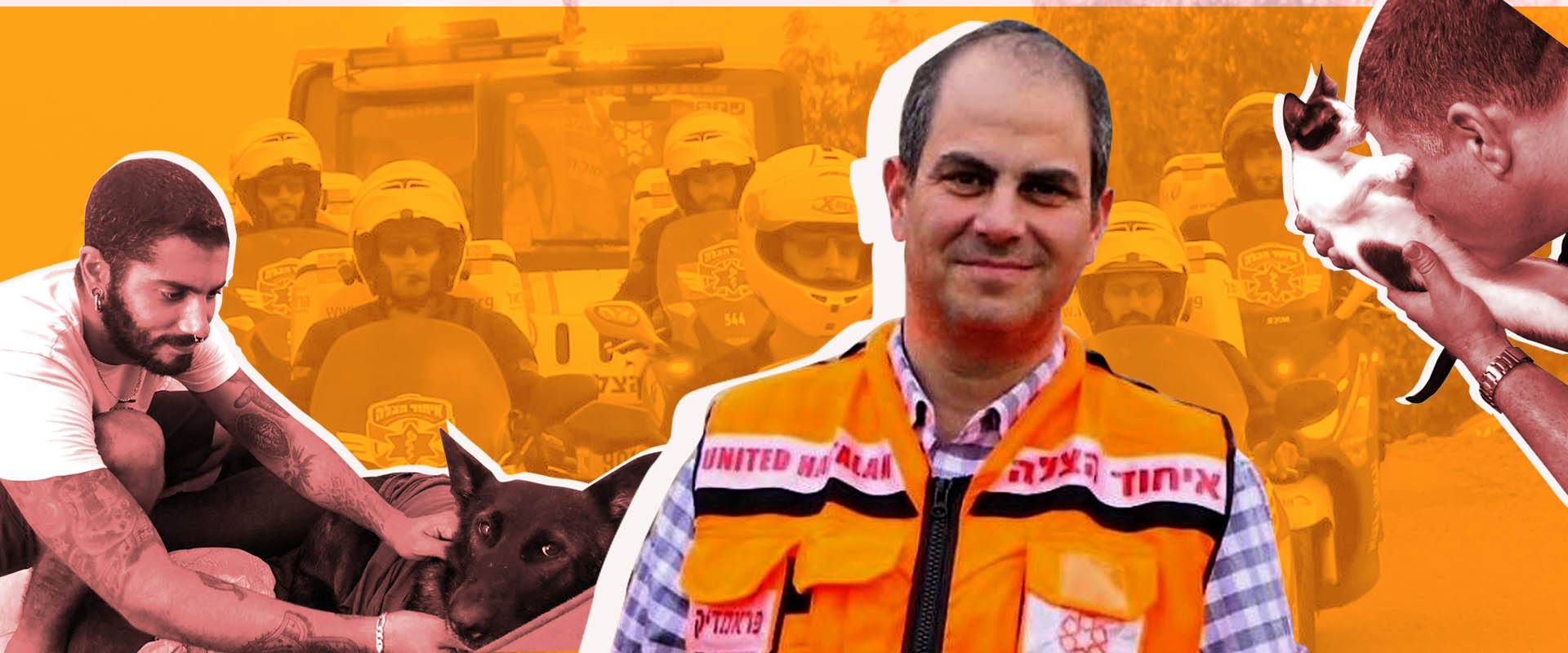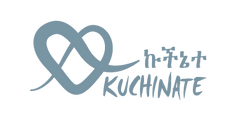
If, God forbid, you find yourself in a medical emergency in Israel, you dial 101 for Magen David Adom. Yet more often than not, before an ambulance shows up, someone else—often riding a motorcycle and donning a bright orange vest—will appear on the scene. These are the volunteer medics of a national organization called United Hatzalah, or Ichud Hatzalah in Hebrew. And those extra moments? They can literally be the difference between life and death.
Ichud Hatzalah responds to roughly 1,800 calls a day, and has—according to the Israeli Heart Society—reduced the rate of cardiac-arrest deaths in Israel by as much as 50%. Private emergency medical services exist around the world, of course. But Ichud Hatzalah is unique: While most focus on a specific neighborhood or community, they cover the entire country. Their volunteers are Jews, Muslims, Christians, Druze, religious, secular, you name it. And what’s more, their services are completely free. The organization is the brainchild of a Jerusalemite who—for more than three decades now—has been single-mindedly focused on one goal: saving as many lives as possible.
But what happens when, in the midst of a global pandemic, this lifesaver needs to saved himself? Being saved, we learn, can often be harder than it seems.
Israel’s SPCA shelters are packed, but not—as you might expect—with abandoned dogs and cats. Instead, they are full of people, seeking to adopt a quarantine companion. Why is it that Israelis suddenly discovered their furry friends during the pandemic, and what does it have to do with getting around the country’s strict lockdown rules?
On June 2, 1978, five-year-old Eli Beer witnessed something that would impact the rest of his life: As he was walking home from school with his brother, the no. 12 bus exploded right in front of their eyes. Eli and his brother were thankfully safe, but six people were killed and nineteen were injured. That day stayed with the traumatized little boy from Jerusalem’s Bayit Va’Gan neighborhood for many years to come.
In the late 1960s, Rabbi Hershel Weber founded a new volunteer emergency service in Brooklyn, New York. He called it Hatzalah, which means “rescue.” The idea was to improve rapid medical response to the local Hasidic community of Williamsburg, and act as a bridge between EMTs and the largely Yiddish-speaking population. Hatzalah quickly took off and, before long, expanded to other Jewish neighborhoods in New York and around the country.
The concept made aliyah, so to speak, in 1989. And it was, in large part, thanks to Eli—by now a self-described “geeky” Orthodox teenager. Today, following many organizational twists and turns, mergers, splits, and renamings, the organization he runs, Ichud Hatzalah, has 6,000 volunteers nationwide.
But just as the coronavirus swept through Israel, its leader lay helpless in a hospital bed half-way around the world. Joel Shupack brings us Eli’s dramatic COVID-19 story: the tale of a Hatzalah Superman meeting his kryptonite.
The episode was mixed by Sela Waisblum and scored by Joel Shupack with music from Blue Dot Sessions and sound-design help from Yochai Maital. The end song, “Refa Tziri” is sung by Akiva Turgeman, Ariel Zilber, Berry Sakharof, Amir Benayoun, and Lior Elmaliach. The words are from a piyyut, or Jewish liturgical poem, written by Rabbi Raphael Antebi Tabbush of Aleppo, Syria (1853-1919), and the melody is attributed to a Judeo-Spanish song called “Triste Vida” (‘A Sad Life’).
Thanks to Aviva Wallick, Raphael Poch, Kurt Hoffman, Wayne Hoffman, Sheila Lambert, Erica Frederick, Jeff Feig and Joy Levitt.

Project Kesher is a non-profit organization that empowers and invests in women. They develop Jewish women leaders – and interfaith coalitions – in Belarus, Russia, Ukraine and Israel, deliver Torahs to women who’ve never held one before, broadcast women’s health information on Ukrainian Public Radio, and help Russian-speaking immigrants to Israel advocate for equal rights.
 Kuchinate is a women’s collective that empowers African asylum seekers living in Tel Aviv. At Kuchinate – which means to crochet in Tigrinya – women create beautiful crafts rooted in various African cultures. Many of the women are survivors of human trafficking and abuse, and Kuchinate is a place for them to come together in community, earn a fair wage, and receive psychological support.
Kuchinate is a women’s collective that empowers African asylum seekers living in Tel Aviv. At Kuchinate – which means to crochet in Tigrinya – women create beautiful crafts rooted in various African cultures. Many of the women are survivors of human trafficking and abuse, and Kuchinate is a place for them to come together in community, earn a fair wage, and receive psychological support.